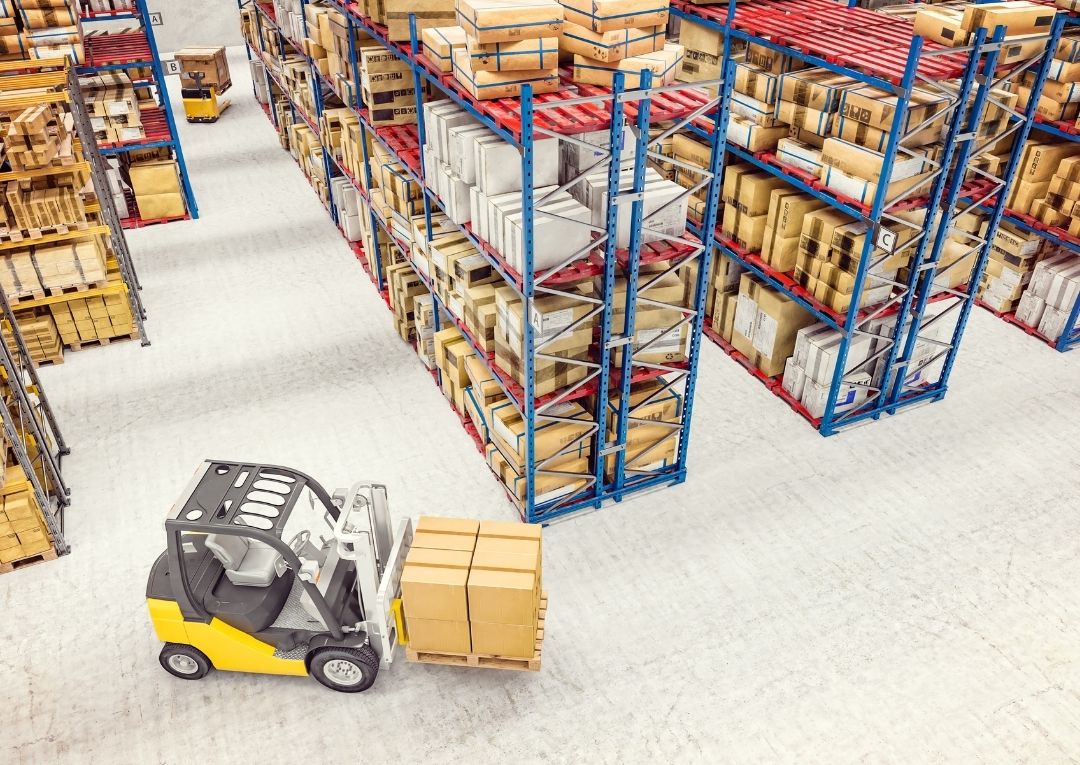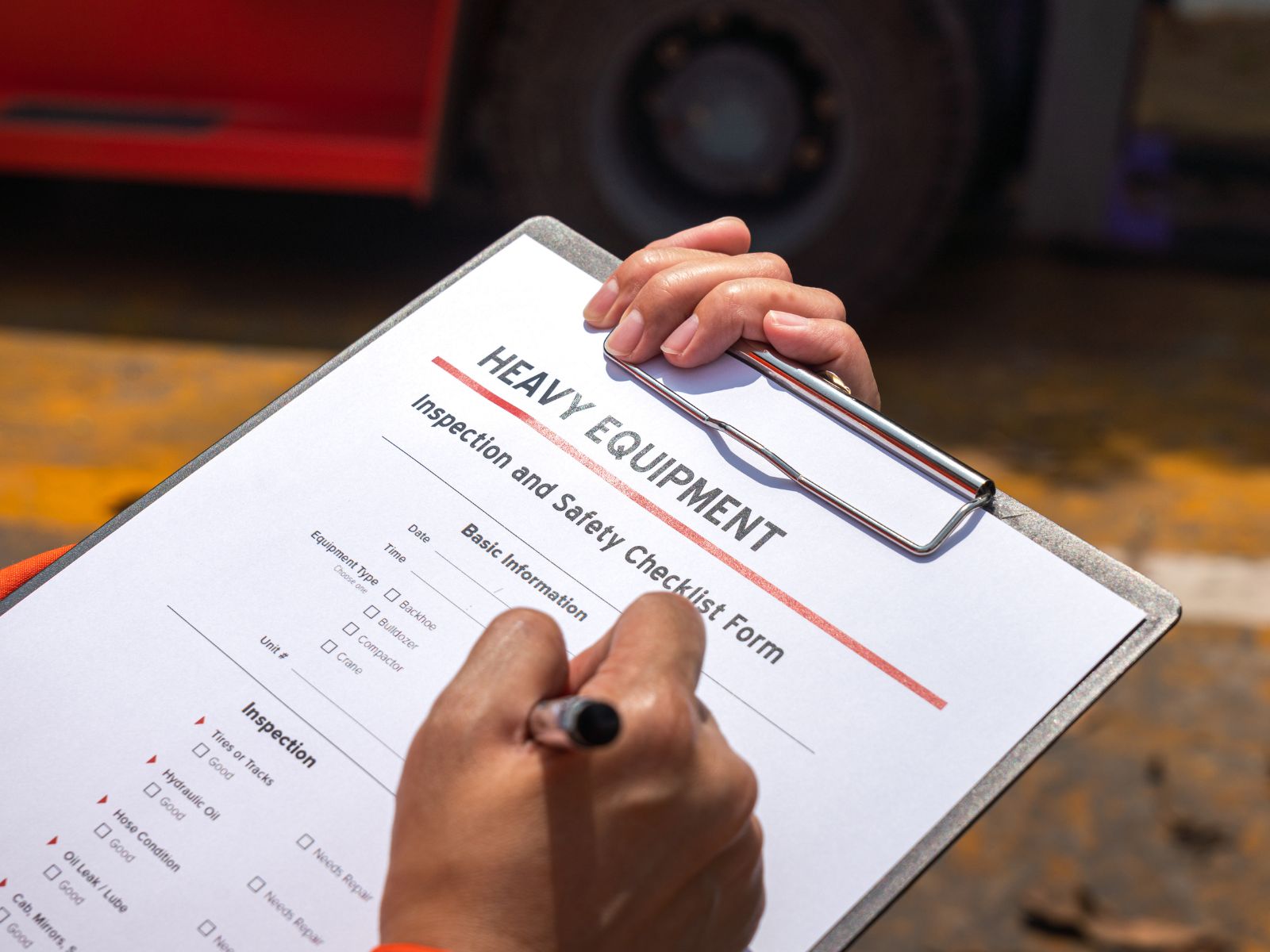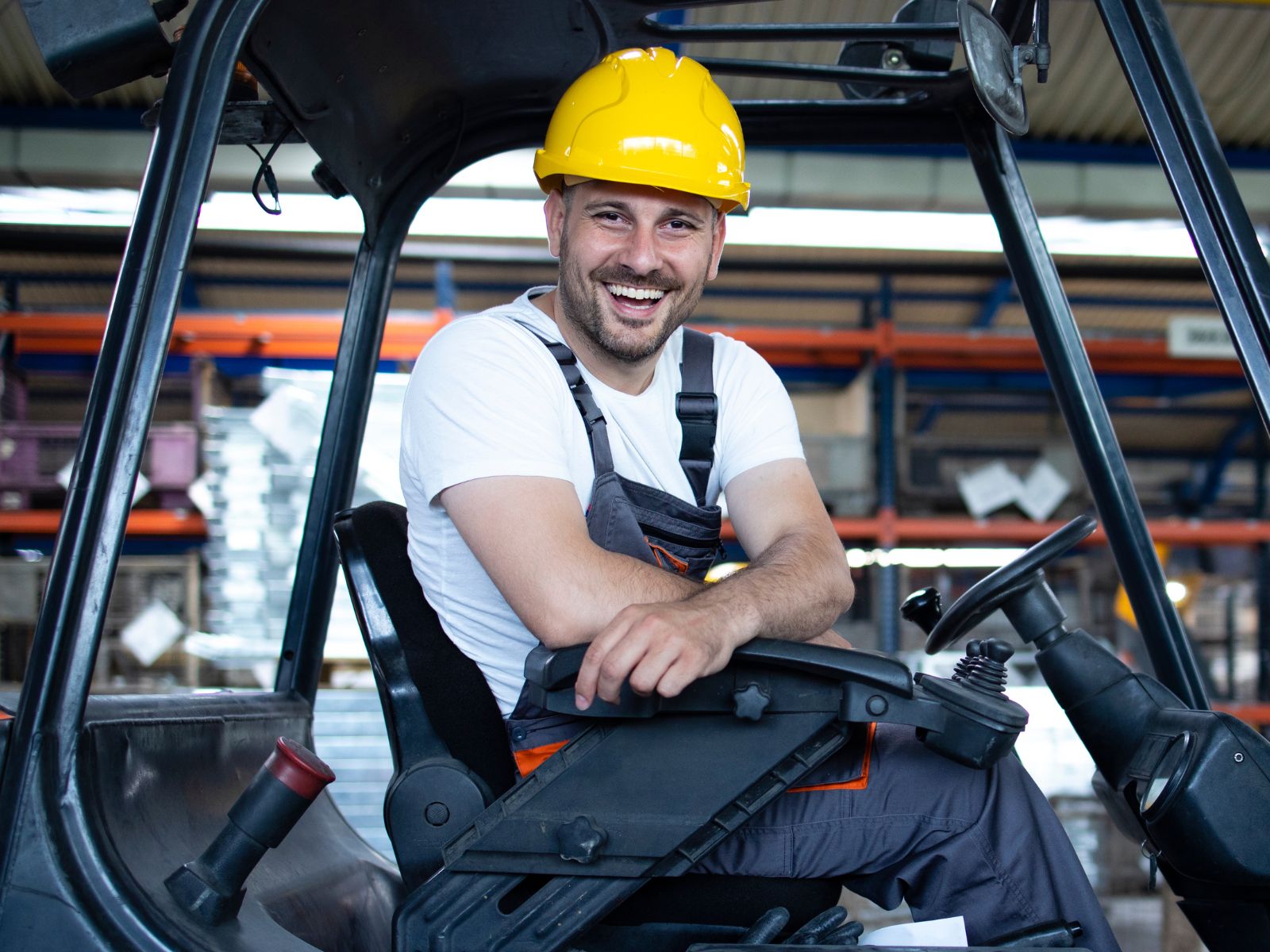The forklift rental market in Australia has been expanding rapidly in recent years, with more businesses opting for forklift hire to meet seasonal demands or overcome initial cash flow challenges. However, forklift rental is not just a simple one-time transaction. Ignoring key factors can lead to extra costs, project delays, and even legal risks. This article highlights the five most common forklift rental mistakes, so you can make better choices when it comes to forklift hire.
Not Assessing Your Needs in Advance
Many businesses fail to clearly define their needs before renting a forklift, such as the weight of the goods, lifting height, aisle width, and floor conditions. As a result, the forklift might not be able to lift the load or fit through the warehouse doors, causing delays and requiring equipment changes.
What you can provide to your forklift rental company
- Common cargo sizes and weights in your warehouse.
- Ceiling height, shelf height, and maximum lifting height to ensure the forklift can reach the required height.
- Aisle width and turning radius, so the forklift can maneuver easily in the space.
- Floor conditions, such as smoothness, slope, or rough surfaces, which impact forklift stability.
- Door and passage dimensions to ensure the forklift can fit through the warehouse entrance.
- Any obstacles, such as pillars or shelves, that could block forklift movement.
- Ramp angles and slope if your warehouse has any inclines.
- Power outlets and charging areas (for electric forklifts), so you can recharge the forklifts on-site.
Not sure about your warehouse needs? Get in touch with us! DJJ’s professional, friendly service team can assist you in assessing your requirements. We even offer on-site visits to measure your warehouse environment to ensure you get the right forklift for your business!
Overlooking Rental Contract Details (One of the Most Critical Mistakes)
After confirming the type and duration of your forklift hire, the next step is to discuss pricing. However, many businesses overlook important contract details, which could result in hidden costs or service issues when equipment breaks down or projects get delayed.
- Maintenance response times: How quickly can the supplier send someone to fix a breakdown? Some contracts don’t specify this, which can lead to days of downtime.
- Replacement equipment: If the main forklift breaks, is a backup forklift provided? Some contracts don’t include this, leaving you without equipment for days.
- Insurance liabilities: If the forklift is damaged, overturned, or causes third-party damage, who pays? Many companies assume the rental company covers everything, but the renter may be responsible for a portion.
- Overtime charges and extra fees: Using the forklift beyond agreed working hours or over the weekend can result in additional charges.
- Return conditions: Some contracts require 1-2 weeks’ notice before returning the equipment, or you might end up paying an extra week or month of rental.
Ignoring Forklift Operator Qualifications and Training
In Australia, the law requires forklift operators to hold a valid High Risk Work Licence. Hiring unlicensed operators not only breaks the law but could also impact insurance claims if something goes wrong.
What to do:
- Confirm operator qualifications before the forklift is delivered.
- Include training in your workflow for employees, especially if they’re handling new models or unfamiliar equipment.
Not Calculating Total Cost of Ownership (TCO)
Looking only at rental fees can underestimate the actual costs. Transport, fuel, insurance, and downtime are all factors that can add up quickly.
How to avoid this:
- Calculate the Total Cost of Ownership (TCO), which includes not only the rental fee but all other operating costs.
- Consider annual usage rates:
- ≥70% → Buying might be more cost-effective.
- 30%-70% → Decide based on your budget and business stability.
- <30% → Forklift hire is more economical.
Not Knowing Enough About the Forklift Hire Company’s Background and Reputation
Some businesses choose a forklift hire company based purely on price or brand reputation, but that’s not enough. Even well-known brands may have different service teams and customer experiences in various regions. Before committing to a long-term relationship, it’s important to do thorough research, including visiting the supplier’s local branches, observing their work culture, and talking to local customers who have used their products and services.
DJJ Equipment offers in-stock forklifts for test drives, giving you a chance to see the product’s performance firsthand. We also show you how we manage local warehouses and logistics, with efficient, localized after-sales support. Plus, we can connect you with clients we’ve worked with before, so you can see how we’ve helped businesses like yours.
This article covers the five common forklift rental mistakes, including failing to assess your needs, overlooking contract details, ignoring operator qualifications, not calculating total costs, and not thoroughly vetting rental companies. Avoiding these issues can make your forklift hire experience smooth and cost-effective.
Our professional and friendly team is here to help. Contact us today!
FAQ’s
How much does forklift hire cost?
The cost of forklift hire depends on several factors, including the model, rental duration, and location. Prices typically range from $150 to $500 per day, with discounts for longer rentals.
How long can I hire a forklift for?
Forklift rentals can range from a day to several years. Short-term rentals are available for projects, while long-term rentals or leases are perfect for ongoing needs.
Can I rent a forklift for just a few hours?
Yes, many companies offer flexible rental periods, including hourly rates for short-term projects.
Are insurance and damage costs included in the rental?
Insurance is typically optional and may not be included in the base rental cost. Make sure to clarify the details in your rental agreement.
How do I know if a forklift will fit in my warehouse?
Make sure to provide your forklift supplier with warehouse measurements, including aisle widths, ceiling height, and any obstacles that may affect forklift movement. We also offer on-site measurement services to ensure the forklift you choose is the perfect fit for your space.






.webp)